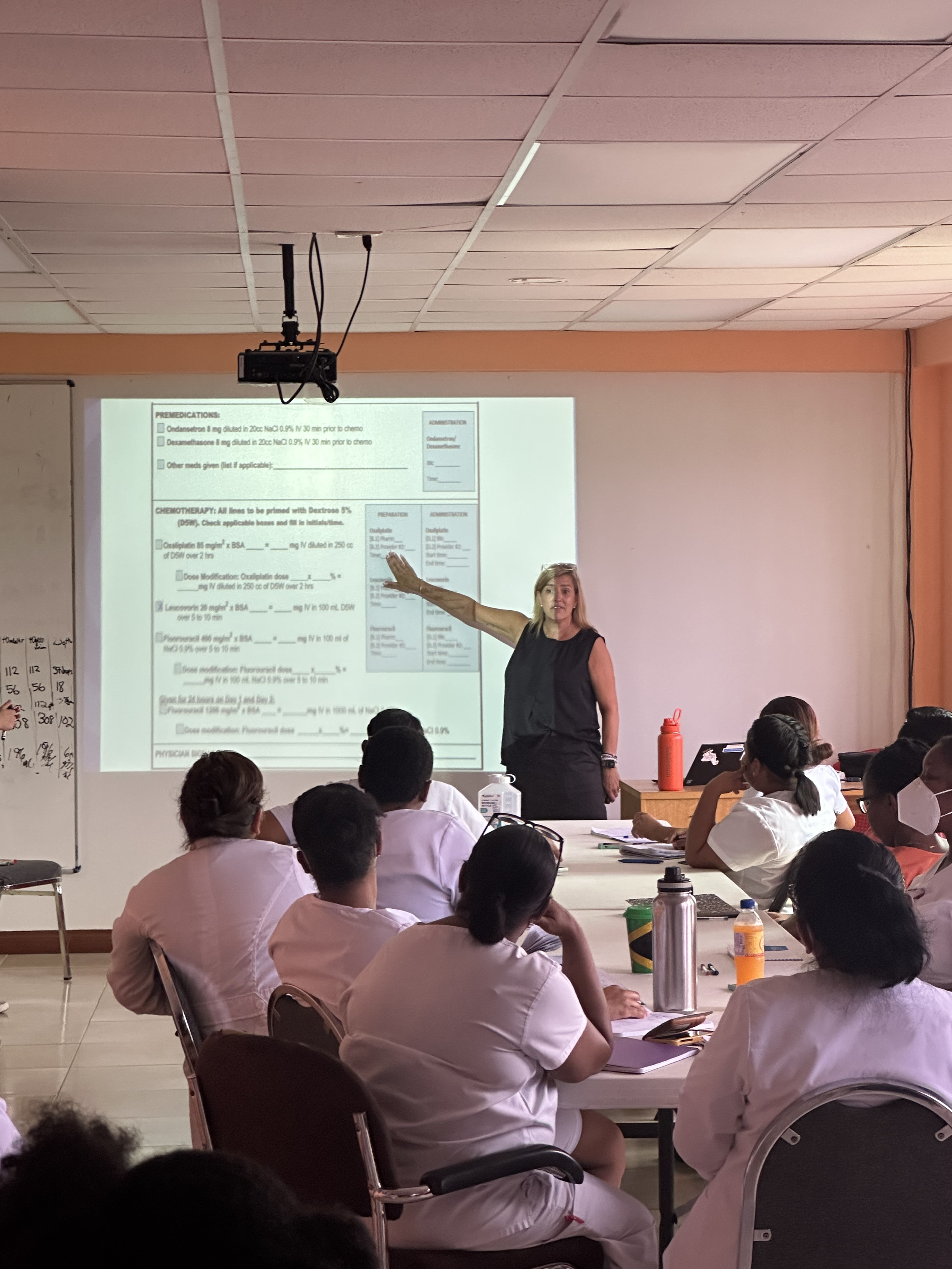Directly Observed Care (GO-DOC)
Patients living in extreme poverty face huge barriers in accessing cancer care.
Provider, system and personal barriers must all be overcome in order for a patient to receive timely, appropriate care and have a chance at survival.
One of the biggest challenges is navigating the complex path from diagnosis through treatment to follow-up and all the visits, financial costs, clinic locations and information overload they include.
What is GO-DOC?
The GO-DOC programs draw on successful models of patient navigation and directly observed therapy in Tuberculosis & HIV. They are intended to help patients more easily access cancer care.
This patient-focused intervention is based on five core principles:
Accompaniment of cancer patients throughout their care journey
Proactive removal of barriers to ensure that every patient receives high-quality, timely cancer care
Availability of expert consultation network of specialist oncologists
Patient education and empowerment
Rigorous measurement and evaluation leading to continuous improvement
Goals
Increase the number of patients receiving initial oncologic consultation within 1 month of being referred into program
Increase the number of patients initiating treatment within 2 months of initial consultation
Increase the number of patients completing first cycle of chemotherapy on schedule
Ensure that all patients are referred to palliative care services when needed
Improve the 5-year survival rate for patients living under the poverty line
Key Partnerships
Seamless collaboration with several partners is key to the success of the DOC program.
-
DOC provider will need to get to know oncologic surgeons and ensure patients are able to schedule surgeries promptly and with necessary medical clearance.
-
Timely review of pathology will be critical in the implementation of the project. Turnaround time goals must be set collaboratively to ensure all parties are able to deliver on them.
-
If patients need to be hospitalized during their treatment (i.e. for febrile neutropenia), close communication of inpatient attending with treating oncologist and DOC provider is needed to ensure continuity of care.
-
DOC Officers work closely with medical oncologists to ensure timely referral to radiation facilities where needed.
We are currently developing radiation-specific patient navigation protocols intended to support patients who may need to travel to receive radiation therapy.
GO Volunteer Kristen Cummings, RN leading an oncology training in Belize.

